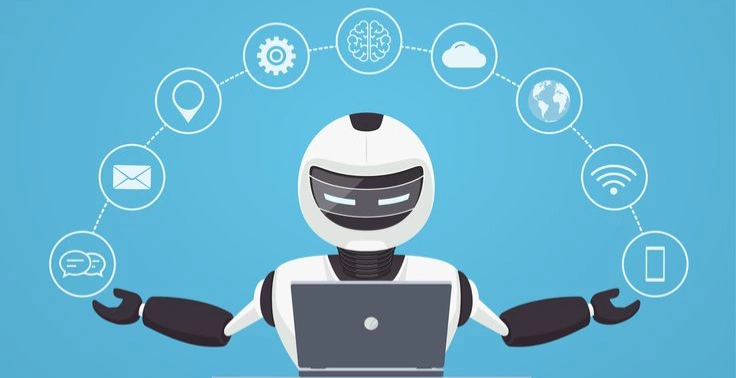Digital Identity: Who Are You Online?
Digital identity today is no longer just an avatar, a username, or a profile on a social network. It’s the sum of all the traces you leave online — from simple likes to invisible interaction statistics, from your behavior in apps to voice recognition. You may not even notice it, but the digital world has long been collecting information about you — details you might never willingly disclose yourself.
We live in a reality where your identity is shaped not so much by what you say, but by how you behave: what you search for, what you listen to, how you move through a website, how you respond to content. Algorithms create a version of you and use it to recommend news, products, and even people based on how they “see” you. You exist as a set of patterns, probabilities, and behavioral signals. It’s convenient — smart technology saves time and adapts to your habits. But it’s also a vulnerability, because you don’t always control the version of yourself that’s being constructed externally.

Digital identity has moved far beyond the realm of mere convenience or website logins. It’s now an essential part of your public and professional reputation. Losing access to your accounts, leaking personal data, or resurfacing an old, thoughtless post — all of these can affect how others see you, whether they’re strangers, employers, or potential partners. Often, you won’t even get the chance to explain — the algorithm has already “decided” who you are.
In a world where the line between offline personality and digital self is fading, awareness becomes vital. You don’t have to be completely exposed to be authentic. Privacy isn’t about secrecy — it’s about choice. It’s the right to decide who you want to be and how much of that you choose to share. Managing your digital identity is no longer just a tech skill — it’s a form of emotional and personal maturity.
Everything you do online becomes part of your digital portrait. It evolves, updates, and changes with you — but not always on your terms. That’s why it’s not enough to simply exist online. You need to understand how you appear in that space. Who are you in the eyes of the system? Who are you to the stranger who types your name into a search bar?

The answers to those questions are shaping a new culture of identity — flexible, multilayered, digital. And it’s your choices that determine whether this identity becomes an extension of your freedom — or a limit to it.
Close